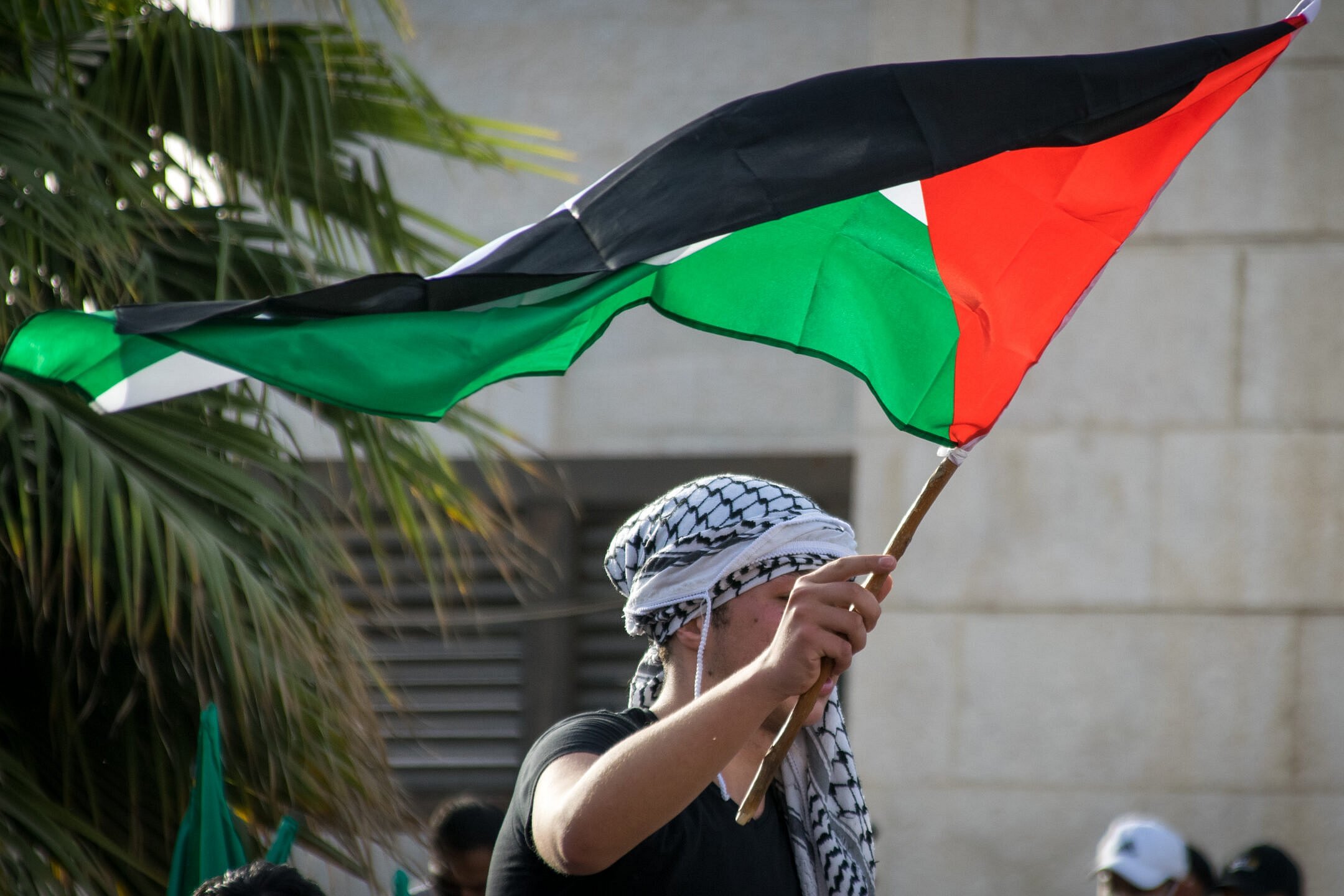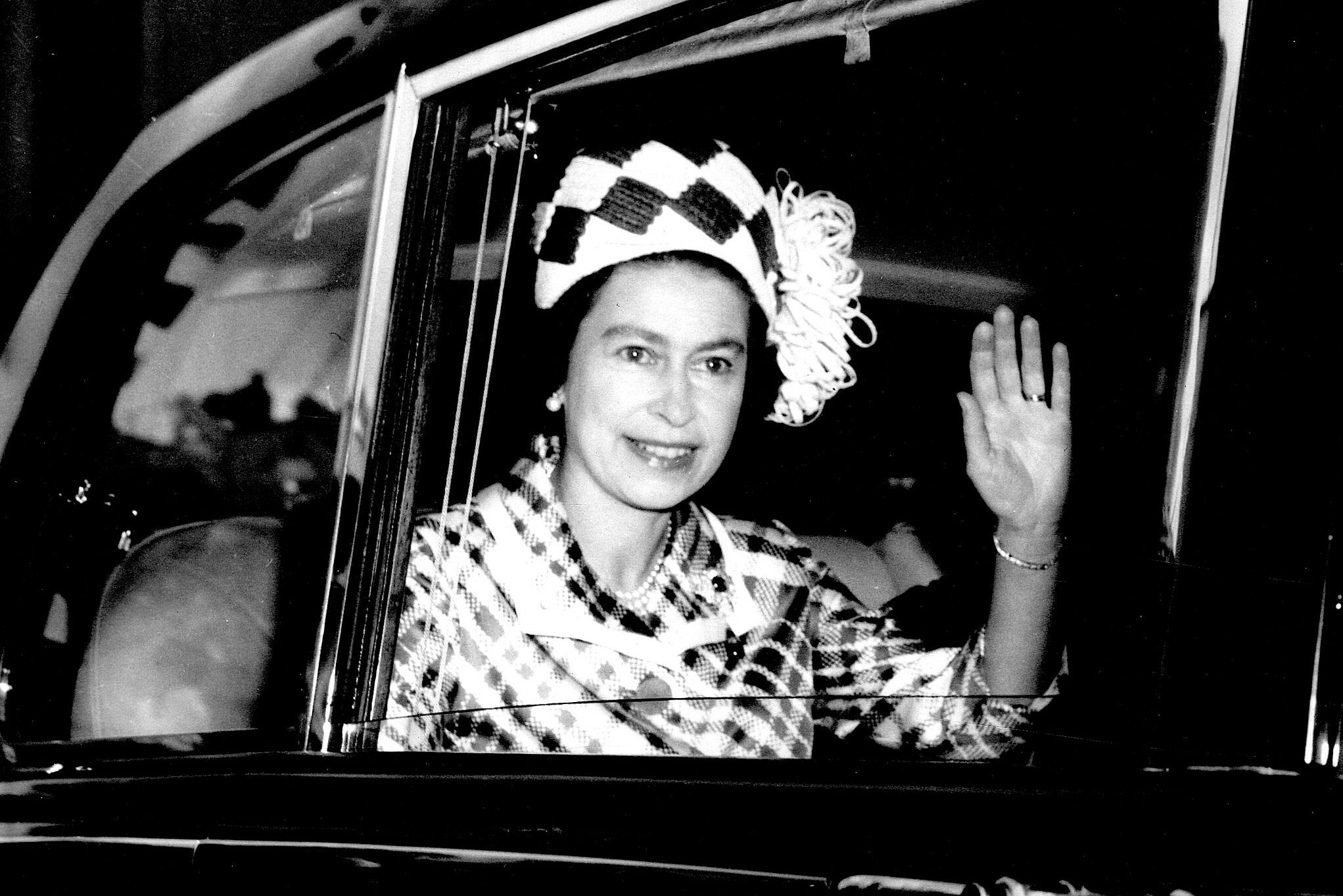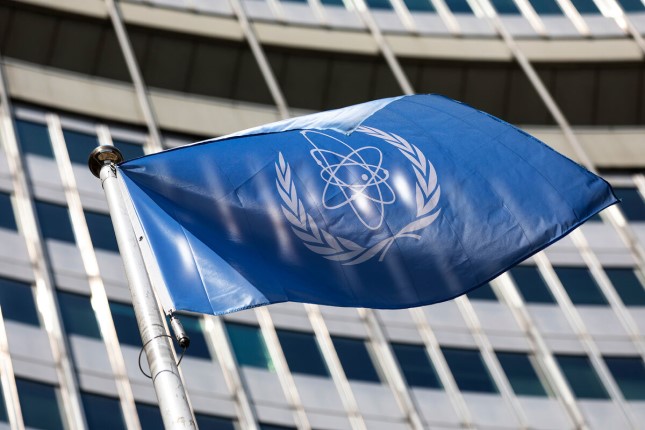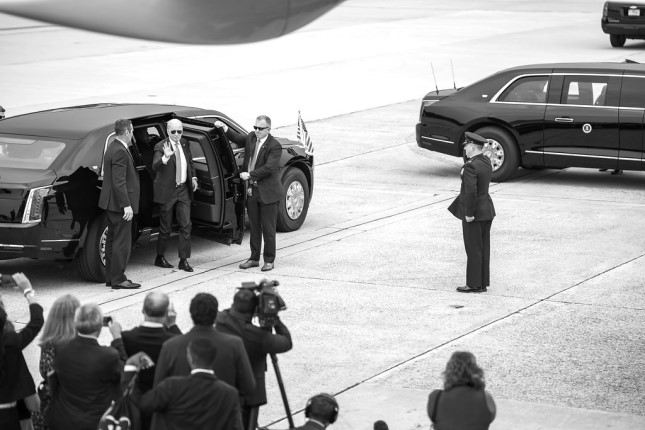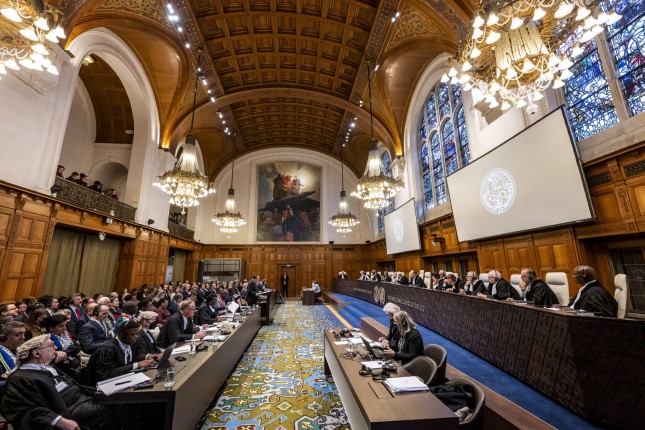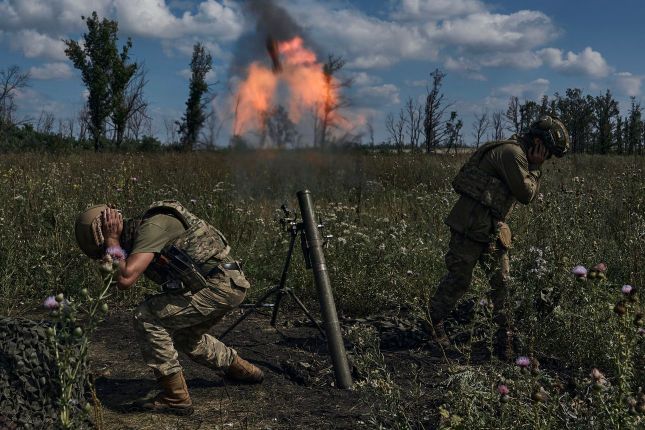There’s been a long-standing, though distorted and Orientalist fascination in the West with Arab public opinion.
Western governments and media have for decades referred to Arab public opinion dismissively as “the Arab street’ in an attempt to attribute, as the West’s favorite Arab Fouad Ajami called it, atavistic impulses and boisterous rambunctiousness to Arab public behavior and thought.
It’s as though Arabs behave politically unlike civilized Westerners; as if Arabs take to the streets while Westerners take to effete op-ed pages to register their political grievances. In the 1950s and 1960s, during the heydays of Nasserism, Arab people took to the street regularly to register their disapproval of Western governments — and often their own governments.
U.S. embassies were a familiar destination for protesters during those years, which is why U.S. embassies have since been turned into fortresses. Arab protesters are kept from American embassies while local armies ensure Israeli and U.S. diplomatic missions remain accessible to regular people. In the last year, the Jordanian army was deployed to prevent protesters from storming the Israeli embassy.
In the past, Western embassies took note of demonstrations directed at Western policies and local rulers aligned with the West. European and American governments often factored in Arab public opinion in their reports and analysis of the region.
The Rival Views
That was a time of actual elite debate about U.S. Middle East policy. The rival camps (the so-called Arabists, decimated in the 1990s, and the Israel lobby) argued over the political salience of Arab public opinion.
Arabists maintained it was important and the U.S. would ignore it at its peril, given the cumulative effects of popular resentment and antipathy towards America. Arabists invoked the example of the 1979 Iranian revolution with its strong, anti-U.S. element, attributed to the C.I.A. and MI6-engineered coup of 1953 that set aside the opinion of the Iranian people.
The Arabist message was: You can ignore local public opinion but it may explode on you later.
On the other hand, the Israel lobby never considers Arab public opinion to be an important factor in making policy, and characterizes Arabists’ warnings as alarmist. They argue — perhaps in their firm belief in the efficacy of using force — that Arab public opinion is an irrelevant factor in formulating U.S. regional policy. They are rooted in colonial thinking that holds that the natives can be subjugated with the right amount of force. As Bernard Lewis and other Zionist analysts argued: the Arabs only understand the language of violence.
Yet, during the ongoing wars of Israeli expansionism in Gaza, the West Bank, Syria and Lebanon, the absence of large, sustainable protests in numerous Arab capitals is notable.
There have been some large demonstrations in several Arab countries against the genocide in Gaza. For instance, Yemen, the impoverished country that has been suffering for years from Western and Gulf siege warfare, held weekly solidarity demonstrations for Palestine in which hundreds of thousands of people participated.
Yemen, by far, has displayed in both street protests and military action against Israeli interests, the most intense identification with the Palestinian cause. There were protests in Jordan and Mauritania among other capitals, but the popular outpouring against the genocide has been minimal compared to Western cities.
In 1982, Arabs also failed to show support for Palestinians and Lebanese during the savage Israeli invasion of Lebanon.
What Has Changed
To analyze the apparent decline in Arab mass protests it is necessary to look at the changes in Arab politics over the decades. In the 1950s and 1960s, references to “the Arab masses” were common in Arabic political rhetoric and in Western media coverage of the region.
“The Arab masses” was an accurate way to describe Arab people taking part in collective political action across borders out of common concern for their brethren (in Algeria or Palestine or Lebanon). We don’t see this kind of action anymore and Arab political rhetoric, after the death of Egyptian President Gamal Nasser in 1970 and after the demise of the Saddam Hussein and Gadhafi regimes in Iraq and Libya in this century, has been transformed.
Arab leaders don’t speak directly to their people anymore and their rhetoric is far less pan-Arab than it used to be. Leaders now address purely local — and even technical — concerns, shying away from lofty ideals. In the era of U.A.E.-Saudi dominance over Arab culture and media, the themes are about profit, (capitalist) success, glamor and social order.
Gone are the days when liberation and dignity meant more to Arabs than material advancement. Arab media now instead celebrate Vegas-style extravagance.
The Reasons
There are several reasons for the changes in the political (or “street”) behavior of the Arab people:
First, there is a correlation between the people’s faith in the chance of political change and the frequency of protests in a country. Arab masses were far more likely to protest in the 1950s and 1960s because they believed in a high likelihood of political responsiveness and change — either because regimes heeded the calls of the masses or often collapsed if they diverged from the orientation and mood of the masses.
It was also a time when Nasser directly agitated and mobilized the Arab people. His powerful radio program, The Voice of the Arabs, took advantage of newly available cheap transistor radios to galvanize the pan-Arab nation beginning in 1953.
Second, the political stability of a regime (due to direct Western military and security protection or internal repressive measures) diminishes the hope for change among the people. Coups d’etat are now rare (except in Sudan). Rulers’ longevity was common among republican and monarchist regimes, until 2011 when the Yemeni and Libyan regimes were overthrown. The Syrian regime fell in 2024 with direct Turkish (and possibly Russian) intervention.
Third, there is no longer any political guide or leader of the Arab people. There is no inspirer of the masses who can agitate for Palestine. Statements about Palestine by government officials are reserved because Arab leaders fear the Israel lobby that can shape U.S. policy toward the leader and his regime.
The ceiling for Arab demands for Palestine is now very low, focused on redundant calls for the implementation of the Arab peace imitative of 2002 which called for “land for peace” — or normalization in return for Israeli withdrawal from 1967 territories.
Fourth, Arab people suffer under the brutal rule of despots who control armies largely equipped and trained by the U.S. and other Western powers. These armies are not trained to face off against Israel, but to face off against their local populations to keep the reliable despot in power and to protect Western interests and embassies, as well as peace treaties with Israel.
The Arab armies of the 1950s and 1960s did not have the equipment to control large masses of people. During the current wars, the U.S.-trained and equipped Iraqi army (which had crumbled in the face of ISIS) was fitted with full gear to protect KFC restaurants from attacks by Iraqi protesters seeking revenge against symbolic Western companies that are perceived as helping the Israel. KFC’s parent company Yum Brands operates in the Occupied West Bank.
Fifth, in the past, Arab governments mobilized the masses against Israel and welcomed the opportunity for the people to let off steam in solidarity with Palestinians. Arab rhetoric on Palestine added to the political legitimacy of the regimes. Nowadays, many Arab governments are closely aligned with Israel and cooperate with it in intelligence and military affairs.
Israel often provides help in chasing and killing Arab dissidents, and in providing protection for the ruling circles. For instance, Mossad now trains the bodyguards of several Arab rulers — not only in Morocco.
Sixth, Gulf regimes have invested heavily in satellite TV stations which focus on sports and light entertainment. Saudi Arabia has used its media dominance to propagate themes that are antithetical to Palestinian interests and, in the last Ramadan season, aired a serial on Mu`awiyah (founder of the Umayyad dynasty, 661 to 750 CE) in order to stoke Sunni-Shiite frictions. Arab news channels (especially those controlled by Saudi Arabia and U.A.E.) copy the Zionist themes and spin of Western, pro-Israeli media.
Seventh, Arab political party life has largely died. There are no active political parties as was the case in the 1950s and 1960s when communist and Arab nationalist parties competed and each of them mobilized the masses behind the slogans of liberating Palestine. Arab repression has become more effective and political apathy and despair has set in.
Eighth, Palestinian refugee camps in Lebanon, Syria and Jordan were the bases of Arab political activities. They served as factories of revolutions and exporters of protests and demonstrations. Those camps are now largely dormant and dominated by Salafite ideologies or by the thuggish representatives of the Palestinian Authority and the U.A.E.’s Muhammad Dahlan.
Future Uncertain
This is not to rule out prospects of political activism in the region in the wake of the Israeli war in Gaza and Lebanon. This second Nakbah will prove to be transformative in Arab political culture, very much like the Nakbah of 1948.
It is likely that new political organizations will emerge and that Hamas and Hizbullah may in fact become stronger and learn from their past mistakes. There are already reports that Hamas may have recruited thousands of new members.
Arab collective action often travels as a chain reaction; the season of the Arab uprisings (the so-called Arab Spring of 2011) was just an example. If one country undergoes political changes in response to the Israeli war on Gaza, other countries will be highly influenced and change could be replicated.
While the Arab people are consumed with matters of daily life and economic needs, the horrors of Gaza can’t leave the region unaffected for long.
Source: Consortium News.
